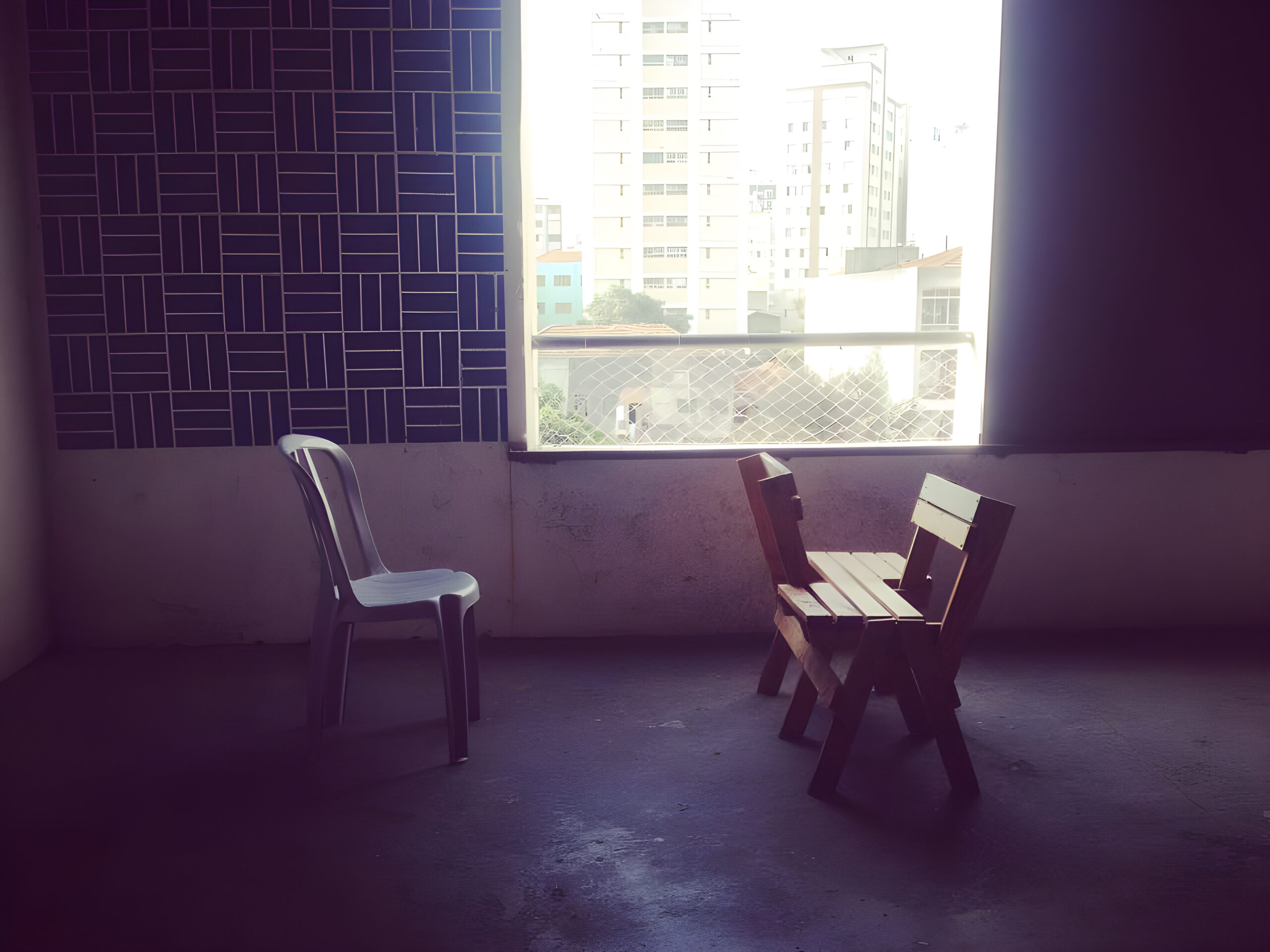Between the 25th and the 28th of June, the FREEPSY team will be joining other historians, clinicians and researchers for the 43rd Annual Conference of the European Society for the History of Human Sciences, taking place at the University of Essex.
This year, the conference offers a rich, four-day programme with a truly international array of presenters and topics ranging from the borders of the self, the history of emotions, embodied subjects and internalization all the way to war memory and xenophobia, government and the human sciences and scientific sociability and intimacy.
At the ESHHS, our two panels (entitled Psychoanalysis with an Open Door: Free Clinics, Sites and Interventions for a Public Psychoanalysis) will explore practices and sites that have taken psychoanalysis to the public domain. You will have the opportunity to hear presentations by five members of our team (Raluca Soreanu, Ana Minozzo, Lizaveta van Munsteren, Ana Tomčić and Julianna Pusztai) as well as our Hungarian colleague Monika Perenyei, who will be presenting with Raluca Soreanu on the politics of presentation of the asylum in the so-called Dream Album, a unique document of not only great historical, but also artistic value. Assembled in interwar Budapest, the album presents a montage created around life in the asylum. The paper will focus on questions such as the psychological, social and political potential of montage, the relationship between illness, art and society, as well as psychiatry and psychoanalysis. It will bring us in touch with the life of psychic fragments in the Budapest School of psychoanalysis and the important question of what it means to tear down the walls of an asylum.
Julianna Pusztai will explore how solidarity takes shape among psychoanalytic movements arising within authoritative structures, with a special focus on those that took shape in the 1970s UK. She proposes that the elastic frame is a fundamental aspect of democratic clinical practice and solidarity cultivation, as well as of movements that took psychoanalysis out of its middle- and upper-class private practice locations.
Ana Minozzo’s presentation will delve into issues of suffering, psychopathology, and coloniality, exploring potential dialogues with Latin-American critical thought in public and collective health, critical epidemiology, and contemporary approaches to decolonizing and conceptualizing health systems. The focus will be on the vibrant phenomenon of psychoanalytic free clinics in Brazil as spaces for sanitary emancipation and political creativity.
Lizaveta van Munsteren’s presentation will explore the public and educational activities of the Ambulatorium in Vienna in the interwar period. The Ambulatorium offered lectures on psychoanalysis for all interested attendees. Around 1922, a training program was developed, including one for professionals in social care and education who wanted to enrich their practice with psychoanalytic thinking. The paper will open the space for thinking about the role and value of public engagement of psychoanalysts and the overall contribution of psychoanalysis in creating the dimension of the ‘inner’ life.
Ana Tomčiċ will explore the notions of individuality and inner life as discussed in World-War-II and post-World-War-II psychoanalysis in relation to anti-social behaviour and its links to neurosis and psychosis. In this time period, anti-social behaviour was frequently defined as pre-psychotic or as a defence against psychosis. At the same time, psychosis was often presented as a loss of individuality, a danger to the self. Thus, psychosis’ link to anti-social behaviour made the person appear a somehow less-than-perfect individual or a danger to an individualistic society. The paper will look at how these perceptions were challenged in camps and residential homes that primarily worked with anti-social youth suffering from neurosis (Hawkspur Camp, Reynolds House and the Costwold Community).
Please join us and our colleagues for what is bound to be a rich, diverse and exciting conference!
Register here: https://www.eshhs.eu/wordpress-3.3.1/wordpress/?page_id=1974#Reg

